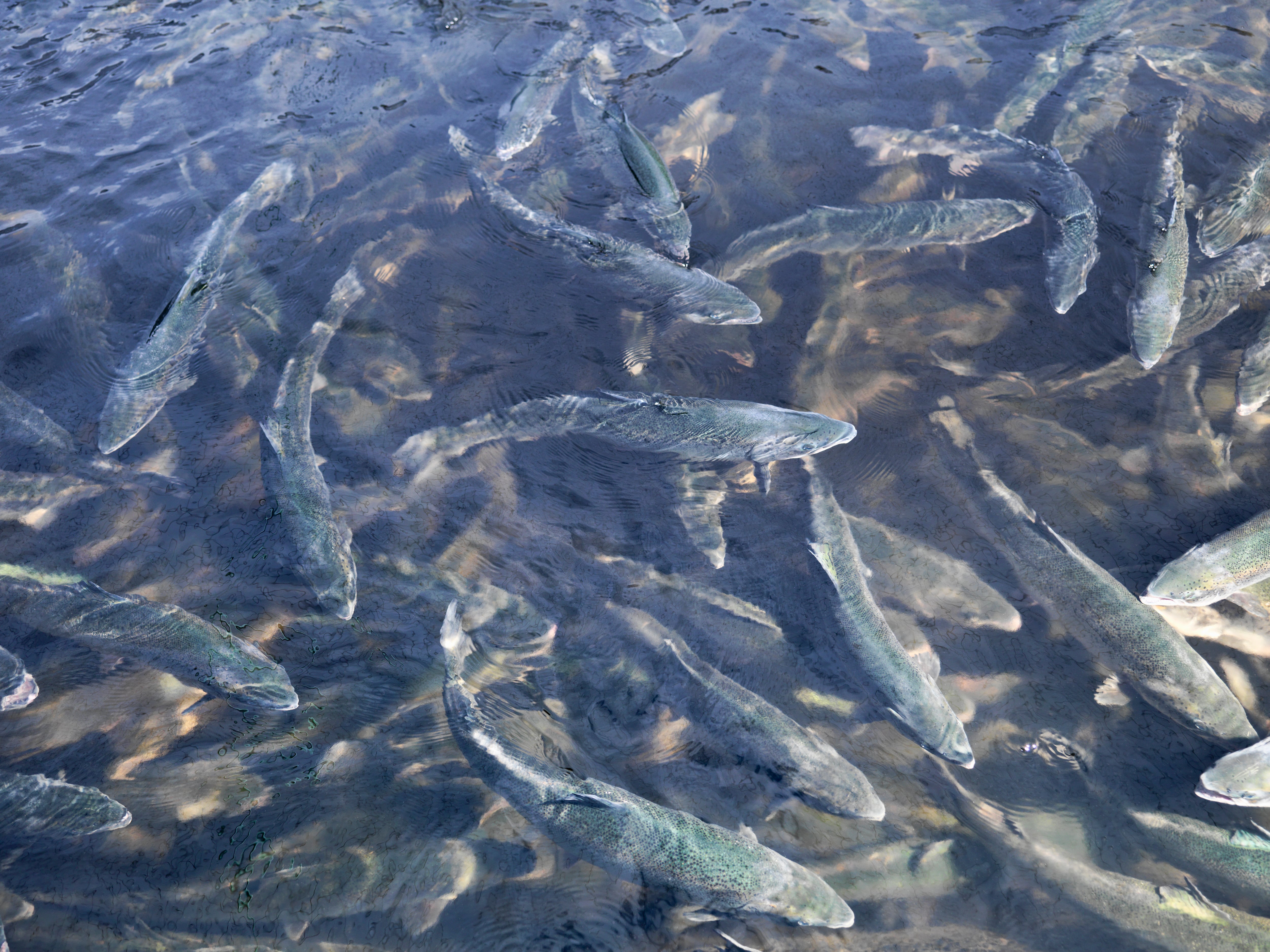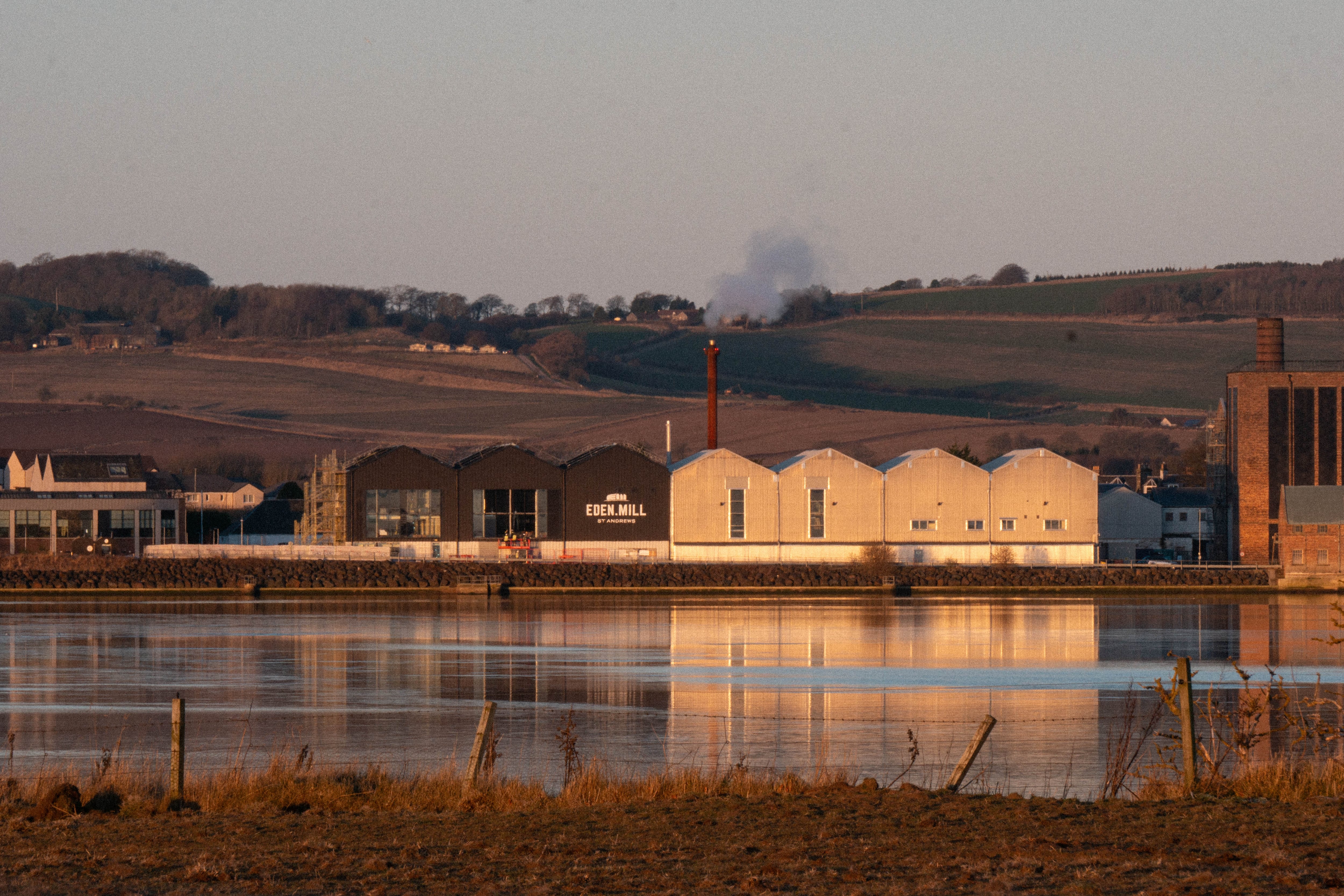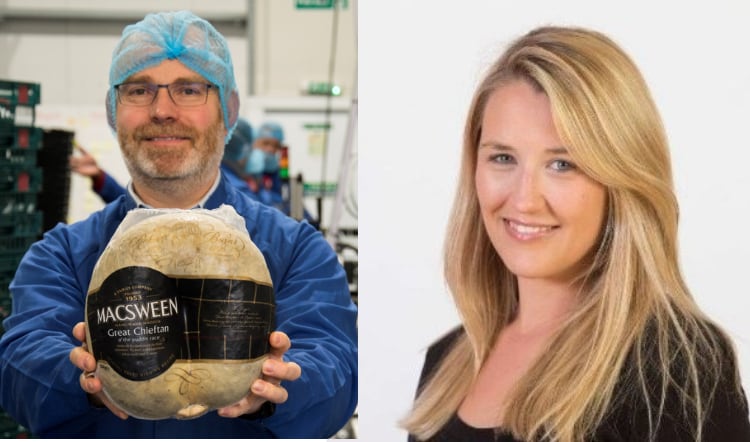As it stands, land animals are protected by laws that detail how each species should be killed in order to minimise pain, with firms that break these laws liable for prosecution.
However, there are no equivalent laws regarding farmed fish, despite scientists agreeing that fish can experience suffering and pain.
An estimated 77m fish are farmed and slaughtered in the UK annually, with the majority of them Atlantic salmon farmed in Scotland.
The parliamentary reception, sponsored by Christine Grahame MSP, heard from organisations working to address this legal disparity in line with the Animal Welfare Committee’s updated opinion.
Attendees also discussed the necessity for official guidance to support the industry in meeting its legal obligations at every stage of farming and enforcing the law against firms that break it.
Most salmon farms in Scotland have signed up to voluntary accreditation schemes which include mandatory stunning prior to slaughter, but private schemes have limited enforcement powers and do not encompass the whole industry.
‘Talk is good, but action needed’
The reception was jointly organised by The Humane League UK, Animal Equality UK and The Animal Law Foundation and supported by Compassion in World Farming, The Conservative Animal Welfare Foundation, OneKind, Animal Concern and Labour Animal Welfare Society.
Reflecting on the event, Sean Gifford, managing director of The Humane League UK, said: “Talk is good but action is what is needed, as government committees have highlighted for decades the need to take fish welfare seriously. Fish can think and feel; and as fish farming continues to grow, failing to protect these sensitive animals becomes ever more unjustifiable.”
Meanwhile, Animal Equality UK executive director Abigail Penny said that news laws protecting farmed fish were essential for removing ambiguity and enforcing compliance in salmon abattoirs.
“This is not just a technicality; it’s a very real problem with potentially dire consequences,” Penny continued.
“Animal Equality’s investigations have uncovered distressing instances of fish suffering unnecessarily, from having their gills cut while conscious, to being clubbed or suffocating to death on boats. Without our documentation, I question whether these incidents would have been picked up or penalised. We must put in place proper legal protections and we must make them count.”
Edie Bowles, executive director at The Animal Law Foundation, added: “Fish have some legal protections, but what is now being accepted is the lack of application of these protections in practice.
“This follows a recommendation from the Rural Affairs and Islands Committee that official guidance is needed to provide an explanation on what the legal protections mean to help the industry understand their obligations and where there are breaches of those obligations, it will assist enforcement bodies from bringing enforcement action.”





